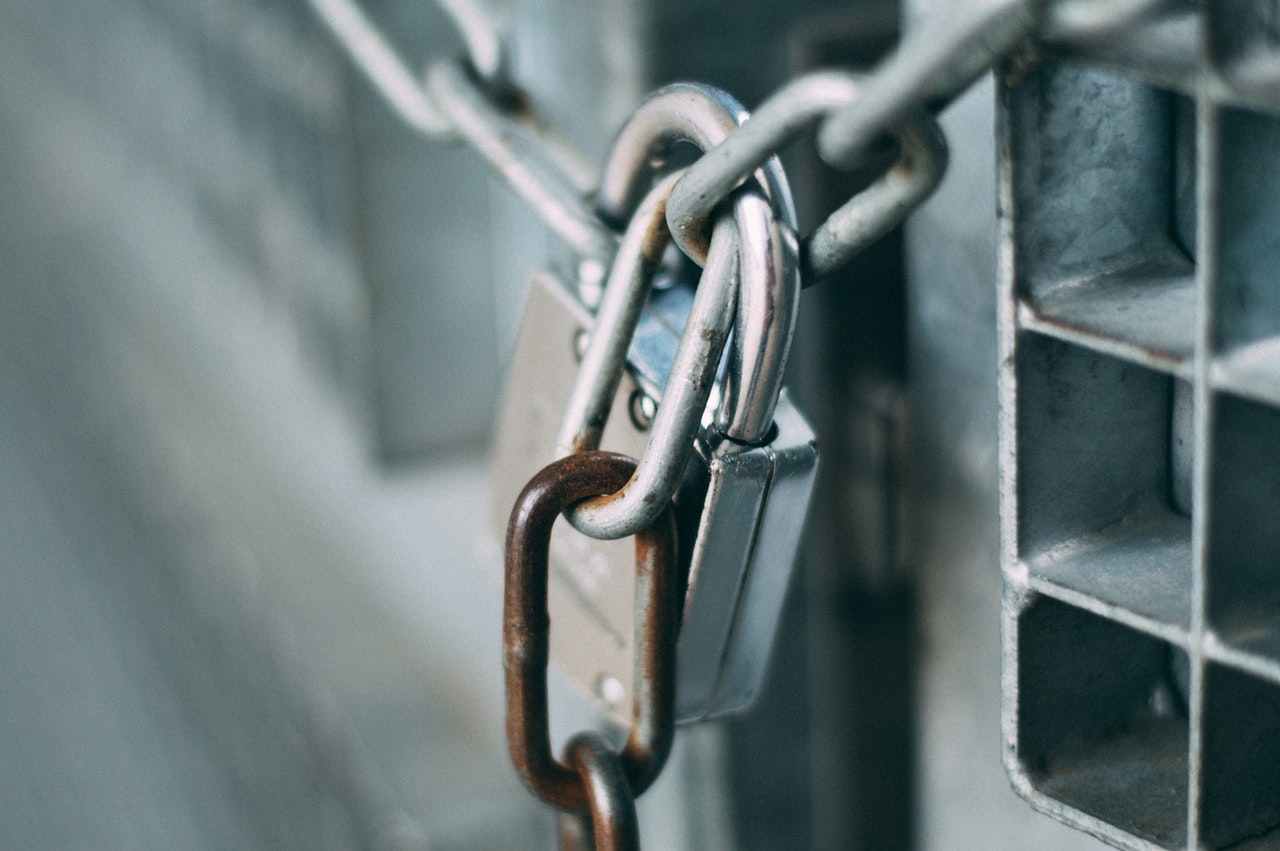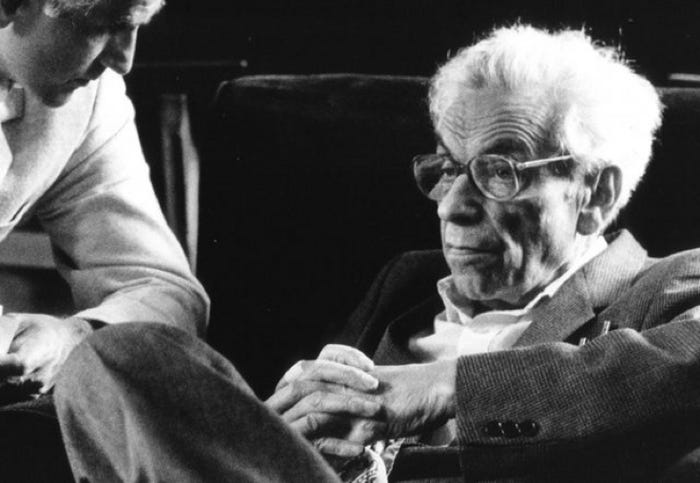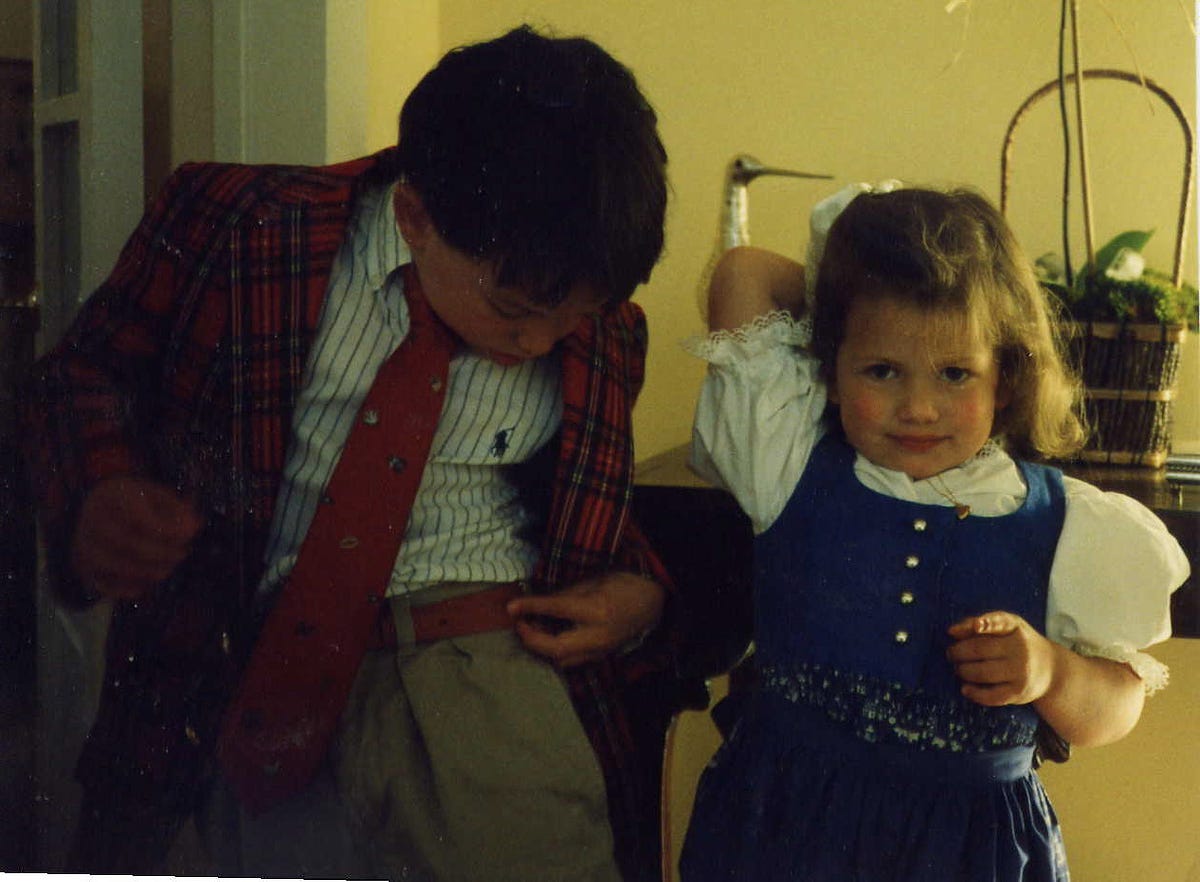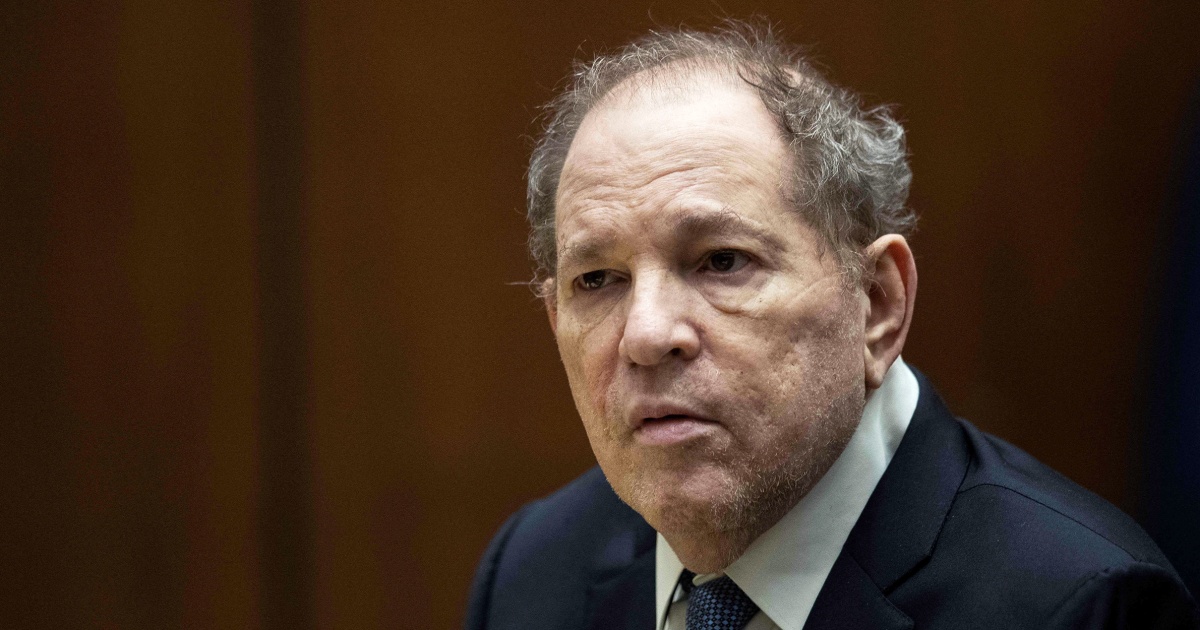
Parents and Prisons
The negative effects of fathers' absence from children's lives—on kids' education, mental health, employment, and family formation, among other factors—are well-established and apparent across countries. Incarceration is one way that parents, and particularly fathers (men make up about 90% of prisoners), are separated from their children. Roughly 5 million children, about 7%, have experienced a parent going to prison at some point in their lives.
That incarceration can disrupt family life is one reason many more-traditional conservatives have found common cause with advocates of "criminal justice reform." Pointing to evidence that children with incarcerated parents do worse on a host of indicators than their peers with intact families, they argue that the costs of "breaking up" a family often outweigh the benefits to public safety, and that therefore pro-family conservatives must necessarily be in favor of decarceration.
Much of the evidence used to make this argument, however, is limited in its capacity to really establish a causal link between parental incarceration and worse outcomes. Children of incarcerated parents may already be on a worse path for reasons other than the fact of their parent's incarceration—a worse family environment precipitated by the same character traits that made their parent likely to be a criminal offender. To really separate out the effect of parental incarceration on children's outcomes, researchers need a source of randomness in a parent's propensity to be incarcerated, one necessarily uncorrelated with their children's outcomes.












/cdn.vox-cdn.com/uploads/chorus_asset/file/25416369/STK473_NET_NEUTRALITY_CVIRGINIA_A.jpg)









